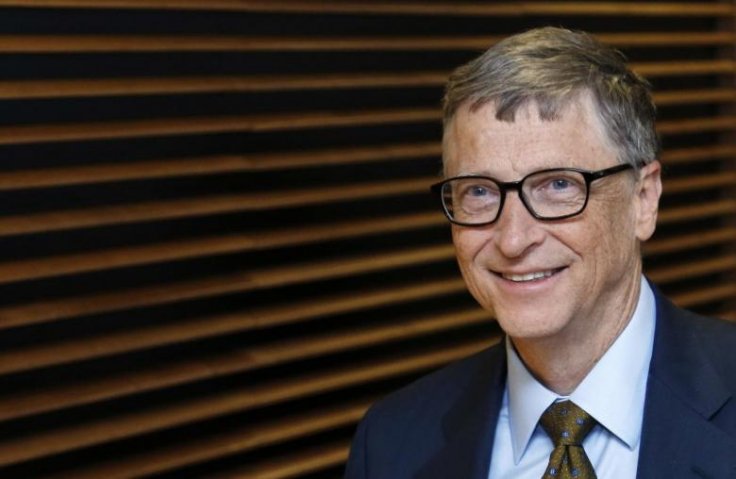
Bill Gates doesn't think we're talking about the effects and issues of gene editing enough.
In a December blog post, the Microsoft founder and billionaire opened up about his thoughts on gene editing and its possible ramifications. He said that he was "surprised" that the issues related to the cutting-edge scientific technique have not garnered more interest. "This might be the most important public debate we haven't been having widely enough," he wrote.
Gates pointed out that the problem of inequality could be worsened in the future with the introduction of gene editing to the masses. The divide would be even more obvious if gene editing could only be afforded by wealthy people, he noted.
Gene editing is a process that allows powerful, precise changes to be made in a person's DNA. This is usually done to fix a defective gene.
There have been ethical concerns raised regarding the application of gene editing on humans for a while now. But they seemed to explode recently after a Chinese scientist claimed he had a hand in creating the first genetically-edited babies, according to Business Insider.
So far, gene editing has been used in humans to treat disease only for the individual. However, the kind of gene editing the Chinese researcher did would allow the changes in the DNA to be passed down to children, grandchildren and so on. It is no surprise that this has sparked criticism, with many scientists calling it unethical.
Gates is also among those who do not approve of the Chinese scientist's actions. However, he believes there was something positive that came out from the news, and it is that it has triggered more discussions about gene editing.
"I agree with those who say this scientist went too far," the tech mogul and philanthropist said. "But something good can come from his work if it encourages more people to learn and talk about gene editing."
For those who want to learn more about gene editing, Gates recommended that they read renowned cancer doctor Siddhartha Mukherjee's 600-page book, "The Gene." He also named the book as one of his favorites for 2016.
This article was first published in IBTimes US. Permission required for reproduction.









